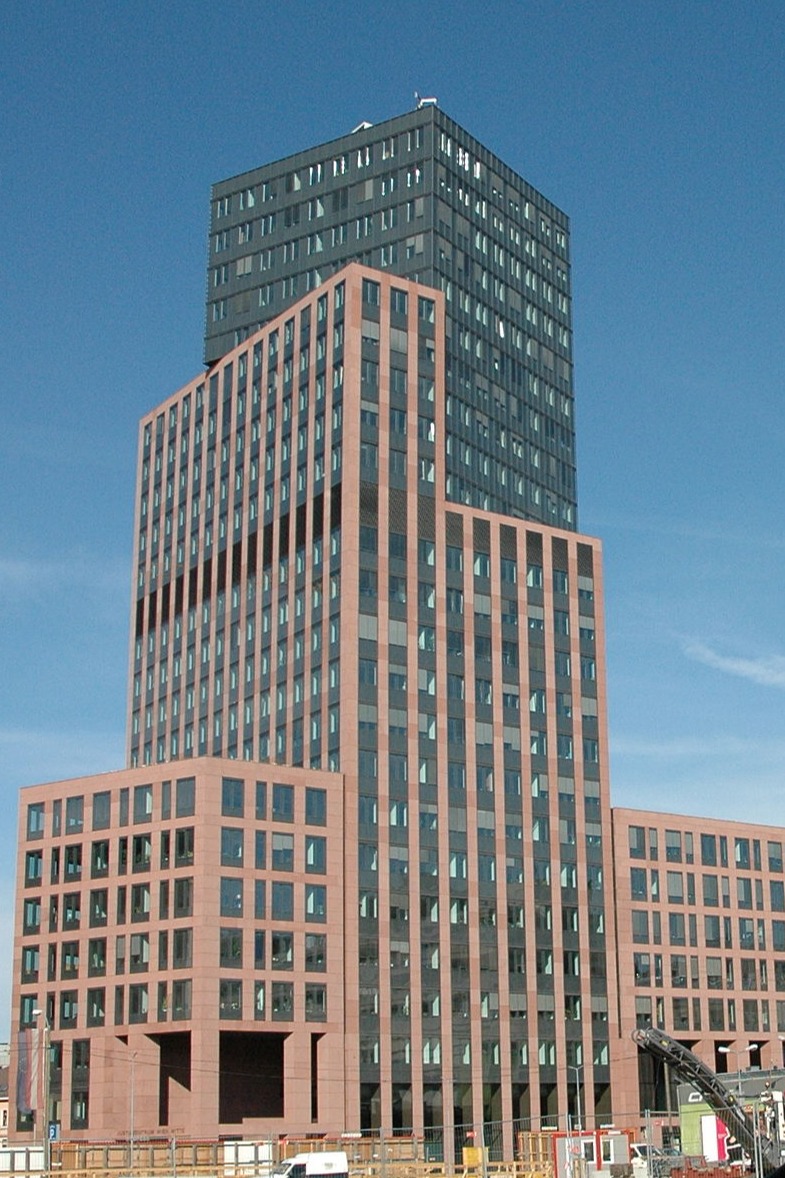Sponsored Content
Vienna Commercial Court Establishes Creditors' Committee for Signa Holding
The Austrian Signa Holding, founded in 2000 by René Benko, is currently facing major challenges. The Commercial Court of Vienna has set up a creditors' committee for the ongoing reorganization proceedings to examine the non-transparent structures of the Signa Group and to decide on the reorganization plan offered by Signa.
 The Commercial Court of Vienna, which is located in the Justice Center Vienna-Mitte, has set up a creditors' committee for the ongoing restructuring proceedings of Signa Holding. / Picture: © Wikimedia Commons/ Otto Normalverbraucher / CC BY-SA 2.0 AT DEED (https://creativecommons.org/licenses/by-sa/2.0/at/deed.en)
The Commercial Court of Vienna, which is located in the Justice Center Vienna-Mitte, has set up a creditors' committee for the ongoing restructuring proceedings of Signa Holding. / Picture: © Wikimedia Commons/ Otto Normalverbraucher / CC BY-SA 2.0 AT DEED (https://creativecommons.org/licenses/by-sa/2.0/at/deed.en)
Signa, a major real estate and retail company, has undergone expansive development in recent years. Signa acquired Karstadt in 2013 and merged the department store chain with the acquired Galeria Kaufhof in 2018. Despite this expansion, however, the retail giant repeatedly ran into financial difficulties and had to apply for protective shield proceedings in 2020. A second protective…
or Log In
Fast News Search





